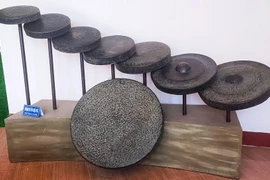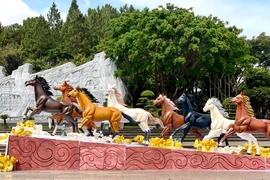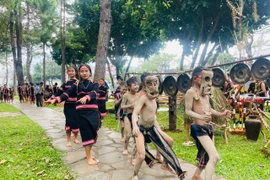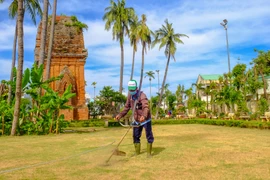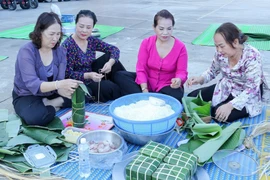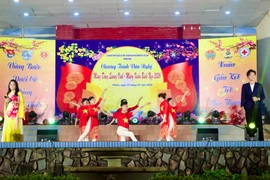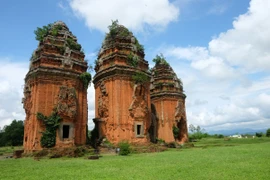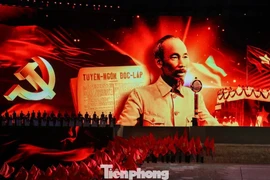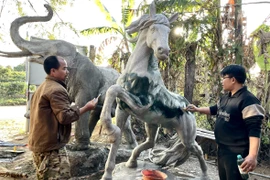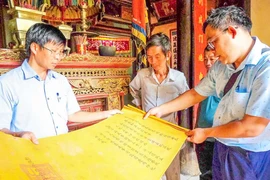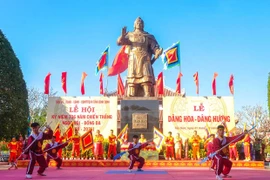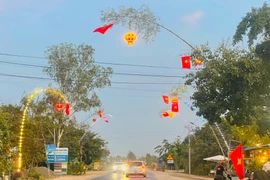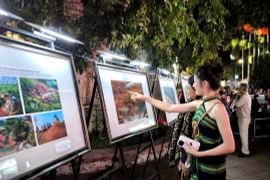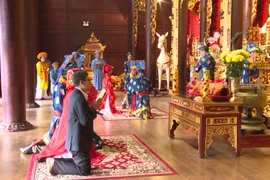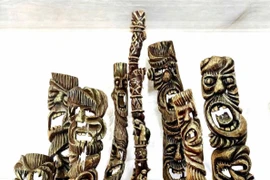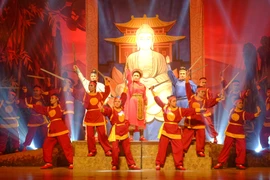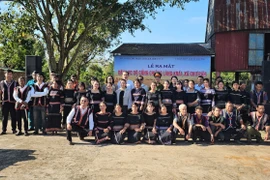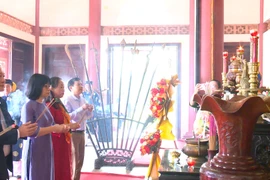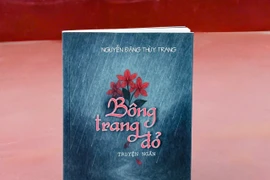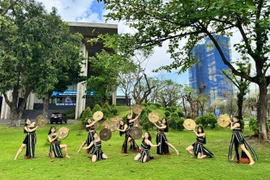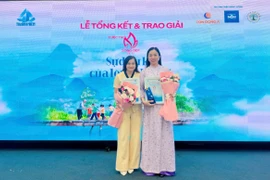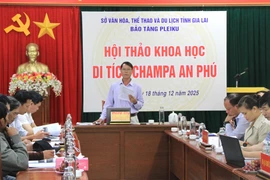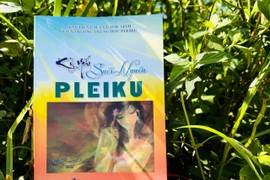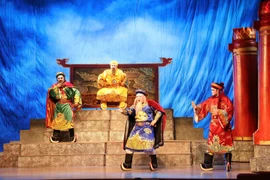Vietnamese literature, naturally, must accompany this aspiration.
Throughout history, literature—whether poetry or prose—has endured by reflecting on the human condition. Humanity must remain the central theme of all creative work, and writers must continually explore the depths of human experience from multiple perspectives. What stands the test of time is always deeply rooted in the lives of people.
Enduring lessons from the past
The Tang Dynasty poet Du Fu exemplified this truth. His verses, written in the 8th century, continue to resonate because they capture the suffering and hopes of humanity. In his poem The Song of the Thatched Cottage Destroyed by Autumn Wind (761), Du Fu expressed a deep empathy for others:
“Oh, to have a mansion of ten thousand rooms,
Sheltering all the poor scholars under heaven,
Strong against wind and rain as if made of stone...
Alas! When will such a house stand before my eyes?
Even if my own hut is destroyed and I die of cold, I would be content!
From personal hardship, Du Fu expanded his compassion to encompass the suffering of his people. His longing for “a mansion of ten thousand rooms” was a vision of sheltering all under heaven—a poetic bridge from individual fate to the universal human struggle.
Similarly, Russian writer Mikhail Sholokhov portrayed human resilience in his short story The Fate of a Man (1957). The narrative follows a Soviet soldier who, after surviving war, meets an orphaned child and adopts him. Together they embark on an uncertain journey toward a new life.
Though brief, the story captured the profound humanity of postwar survival, earning recognition as a “miniature epic.” Sholokhov later received the Nobel Prize in Literature in 1965, with The Fate of a Man celebrated as one of his most humanistic works.
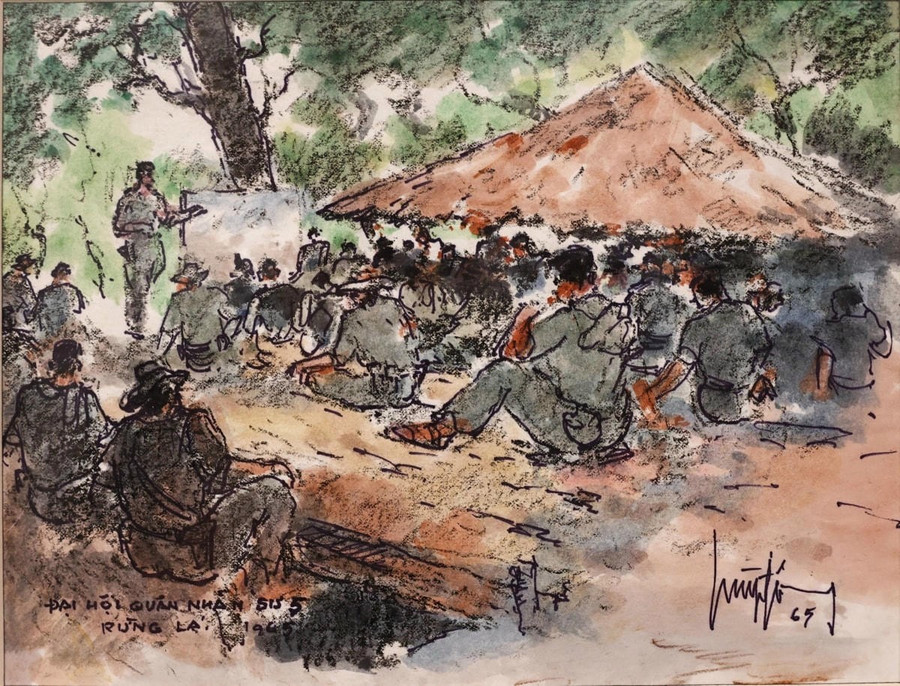
Vietnamese voices and the human spirit
When writing the epic poem Those Who Go to the Sea, the author viewed the creative process as an act of self-discovery—of comradeship, of shared struggle, and of belonging.
In one passage, young couriers move through the night forest, their courage illuminated not by isolation but by solidarity:
Then the young courier, parting the way, softly sang
The song of the eastern forests
Where we lived for many years
Pushing back the darkness
Tearing away the ghostly vines
Gently cradling each streak of green sunlight.
These couriers, though young, carried immense experience and spirit. The author learned from them what it means to “walk in the light of everyone”—to live in the collective strength and compassion of the people.
This understanding, born of war and shared struggle, embodies a uniquely Vietnamese sense of unity: individuals sustained by and contributing to the whole. With faith, determination, and a clear vision, people can overcome even the devastation of war to build a life of peace, freedom, and happiness.
The writer’s mission
Writers, as “secretaries of the times,” bear the responsibility of documenting this enduring humanity. Many Vietnamese authors and poets have lived through war, gaining firsthand insight into its impact on human life. For them, the theme of the human condition is not optional—it is essential.
Talent may determine how long a work survives, but the duty to write remains paramount. As Mikhail Sholokhov once advised: Just write, and what will come, will come.











